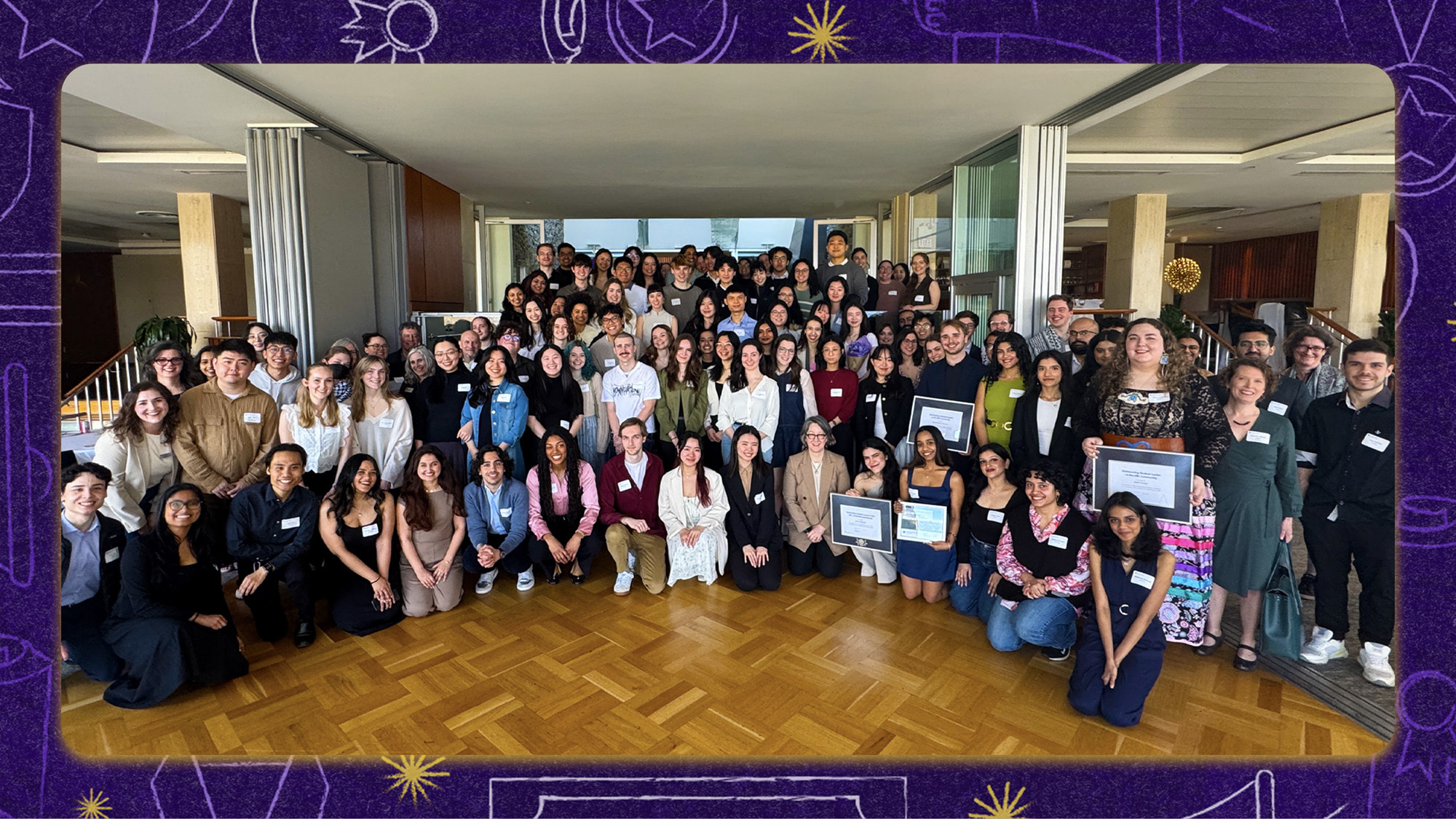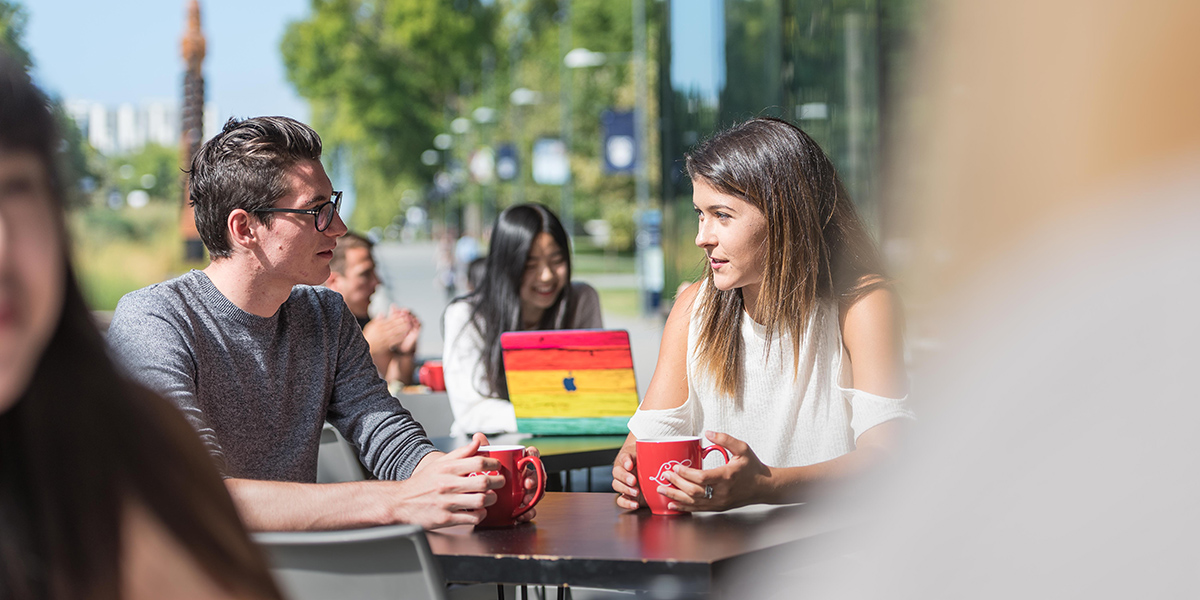By Bryan Zandberg
Through the Arts Co-op Program, Robyn Laughlin spent her summer in 2007 working as a research analyst for the Ministry of Health in Victoria. She says she was able to test all the skills she picked up during her three previous work placements.
Between checking out of high school and checking into university, Robyn Laughlin remembers having a hard time trying to figure out where she wanted to go in life and what she was going to pursue at university.
“It’s sort of an odd thing if you think about it — you’re choosing what you want to do at university and with your future when you leave high school.”
Now in her fourth year of a major in psychology and a minor in family studies, Laughlin clearly remembers her own second thoughts going into first year.
“You’re going into psychology, but you’ve never worked in that field: how do you really know if that’s what you want to do?’” she remembers asking.
Which is why she has so much to say about the Arts Co-op Program — something that helped her pay for school, even as it allowed her to get her feet wet in the working world.
She spent her summer in 2007, for example, working as a research analyst for the Ministry of Health in Victoria, where she says she was able to put to the test all the skills she picked up during her three previous work placements.
“I wouldn’t have wanted to do this job as my first one,” says Laughlin of her job, where she developed an evaluation report for a nutritional resource for seniors. “I’m getting more out of it because of where I am and the skills that I have.”
Added to the improved research, writing, and analytical skills she has gained while earning her degree, Laughlin notes that she’s now able to work far more independently, not to mention handle more responsibility. Her capacity as a critical thinker has improved compared to back when she did her first placement.
In her first co-op term Laughlin worked as an event assistant with the Multiple Sclerosis Society in Vancouver. There, she was able to learn some basic office and communication skills before going on to a second placement as a research assistant within the Arts Co-op program.
Her third placement complemented the courses she had taken at UBC. Laughlin worked again with the Multiple Sclerosis Society, but this time with the organization’s client services wing.
Over the course of a summer Laughlin did home visits to clients with MS, a chronic disease that attacks the central nervous system and can result in speech problems, memory loss, partial paralysis, fatigue, as well as cognitive and visual disorders.
“That was quite eye-opening,” she says. “My position was very client-focused, which I very much loved.”
Laughlin helped clients with daily tasks, including moving, cleaning, and grocery shopping. But she also just kept company with clients during weekly social calls, making friends she keeps contact with.
One way or another, Laughlin says all of her placements have brought her closer to realizing her interest in the field of health psychology, whether this interest develops into working for the government, non-profit, or the private sectors. Her goal is to develop community level programs that make a positive impact.
Her degree and her experiences in the co-op program are already translating into widening windows of opportunities for when she graduates. Part of that has to do with the networks she has made along the way.
“When you demonstrate strong skills and abilities while working with others, they keep you in mind,” she says of former employers and colleagues that she remains in contact with, “and they remember you for those strengths.


